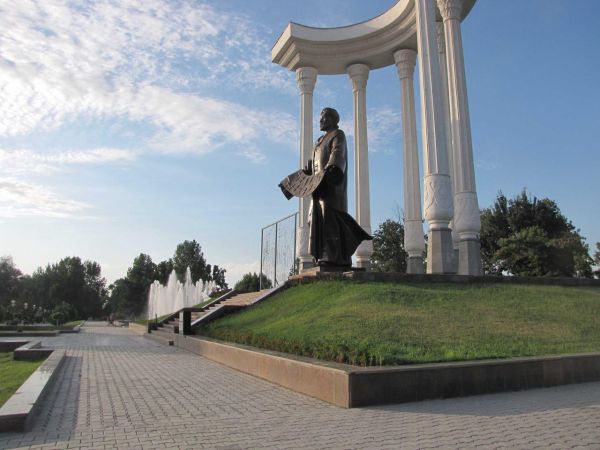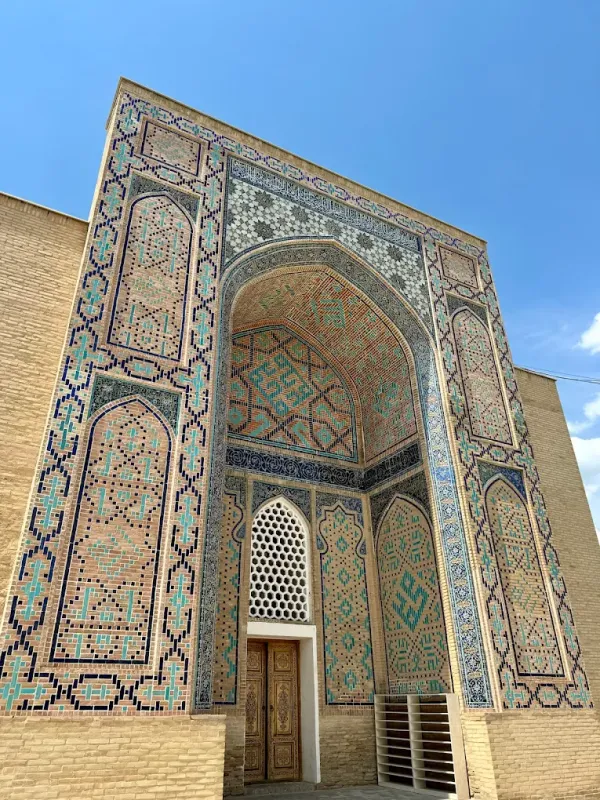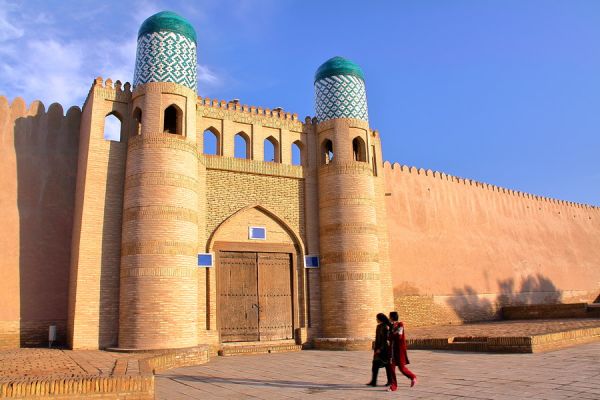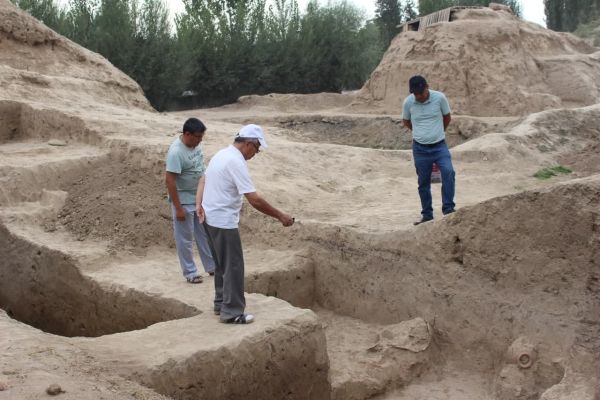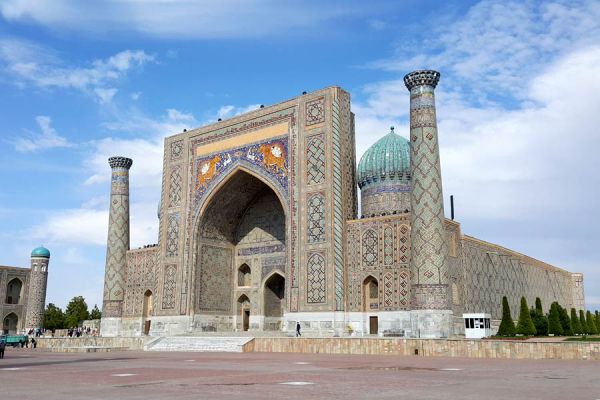Monument to Al-Fraganous
The Uzbek land has always been famous for its talents. Al-Ferghani, an outstanding world–renowned scientist, was no exception. Al-Ferghani's books have earned a reputation as encyclopedic treatises, and his inventions, reference books, and catalogs are relevant in use in modern life.
There is no exact information about the date of birth and origin of Al-Ferghani, but it has been established that the future genius was born around the 790s in the Ferghana region in the city of Kuva. The full name of the scientist Abul is Abbas Ahmad ibn Muhammad ibn Qasir al-Ferghani, and the Latinized name is Alfraganus. In his adulthood, Al-Ferghani lived in Baghdad, where he also conducted scientific activities at the Islamic Academy, founded in the 9th century, the "House of Wisdom". The scientist's favorite place at the academy was the observatory, equipped at that time with the most advanced technologies for stargazing. The academy was headed by the great Al-Khorezmi, whose works and wisdom certainly influenced Al-Ferghani.
In the 9th century, Muslim scientists made great strides in the study of astronomy and overtook the Europeans. At that time, studying astronomy was vital. Astronomical works served as navigators, they were used by travelers, navigators, pilgrims and merchants to navigate by the stars and celestial bodies. Works on astronomy were translated and distributed in Europe. Thus, the treatises of Al-Ferghani became famous all over the world and had a serious impact on world science.
One of Al-Ferghani's most famous treatises is The Book of Astronomical Movements and a Summary of the Science of the Stars. The work was available not only in Arabic, but also in several European languages and was the most studied in the Middle Ages. The scientific work was published in 1493 and was used by students as a teaching aid. It is interesting that in 1669 Al-Ferghani's work was retranslated and published by the Dutch scientist Jacob Golius. In addition, Dante Alighieri was familiar with Alfraganus' work. There is an assumption that the author of the Divine Comedy made up his hero's journey through purgatory based on Al-Ferghani's description of the Southern hemisphere of the Earth.
In addition, according to his calculations, the scientist concluded that there may be an unknown continent in the West, which was later discovered by Amerigo Vispucci.
For 700 years, Al-Ferghani's works remained the leading works on astronomy and were included in the foundations of textbooks and encyclopedias. The genius died in 860 in his homeland in the Fergana Valley. Monuments and memorial centers dedicated to Al-Ferghani can be seen in Ferghana and Kuva.

